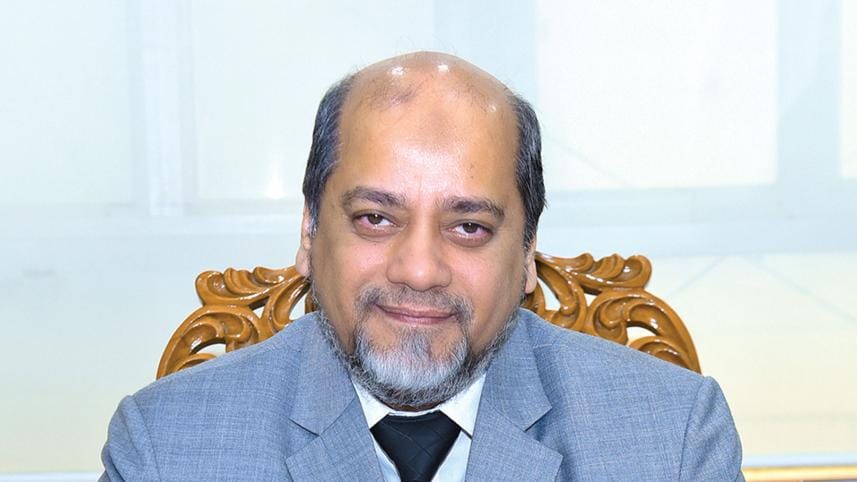“Pubali Bank prioritizes robust infrastructure and security for successful digitalization”

TDS: What is the current status of digitalization within your organization?
Mohammad Ali (MA): Pubali Bank has made substantial progress in digitalization by developing an in-house solution for both conventional and Islamic banking. By 2014, all branches were online, and the bank established connections with Bangladesh Bank's financial inclusion projects. A mobile app for retail customers has been launched, and digital processes for corporate clients are underway.
We have emphasized the development of a robust infrastructure and security system for successful digitalization. Our initiatives include introducing QR codes, deploying POS systems, and completing the digital project for corporate clients by 2024. The bank has installed 10,000 POS systems with a target to serve numerous restaurants and departmental stores. The ultimate goal is to digitize the entire banking ecosystem, eliminating the need for physical branch visits.
TDS: What challenges do you see in implementing digital transformation within the financial sector?
MA: Identified by Pubali Bank, challenges in introducing digital transformation in Bangladesh include the prevalent use of cash transactions, citizen reluctance to adopt digital channels due to concerns about taxes and VAT, and the high costs associated with digital payment devices for small transactions.
Pubali Bank acknowledges the necessity of a centralized directive to limit cash transactions and proposes incentives, such as returns on income generated from digital transactions, to encourage adoption. Addressing the concerns of small vendors is crucial, considering the profitability of digital transactions for them.
A holistic approach, coordination among stakeholders, and continuous monitoring of transactions are suggested to overcome these challenges. The emphasis is on the role of incentives, security measures, and infrastructure development in promoting successful digital transformation in Bangladesh.
TDS: How does your organization guarantee security, encompassing cybersecurity, prevention of forgery, and the safety of data?
MA: The bank emphasizes its commitment to ensuring complete security, including cybersecurity, prevention of forgery, and data safety. The bank has established a Security Operation and Control Center, incorporating security applications for mobile apps. We have implemented necessary security measures specific to various products such as mobile apps, web platforms, email, websites, and databases. Continuous monitoring of transactions is conducted through the security center. We recognize the importance of maintaining a quality product with a robust infrastructure, adequate support, and effective security systems. Overall, Pubali Bank aims to provide uninterrupted customer service with the highest level of security across all areas of operation.
TDS: How does digitalization contribute to addressing sustainability and the inclusion of unbanked individuals in the banking sector?
MA: Pubali Bank has prioritized Green Banking and digitalization, making account opening easier and eliminating the need for physical visits to branches.
For loans and financial inclusion, Pubali Bank has introduced a range of digital solutions. Retail customers can perform various banking tasks through a mobile app, including credit card payments, loan transactions, and fund transfers. The bank is also working on providing digital services for corporate clients, enabling them to manage loan investments, renewals, and submit proposals digitally. Initiatives such as a payroll system for corporate customers and plans to offer QR codes to shops aim to facilitate digital transactions across different sectors.
A centralized directive and incentives for digital transactions could drive financial inclusion.
Despite challenges, Pubali Bank is committed to making banking services accessible digitally for individuals at the retail, SME, and corporate levels. The overarching goal is to achieve a fully digitalized banking ecosystem, reducing the reliance on physical branches and promoting sustainability and financial inclusion.
TDS: What future plans does your organization have to enhance digitalization?
MA: To enhance digitalization in the finance sector, a holistic approach is essential to support the sector's ecosystem. Eliminating sectoral boundaries and improving coordination among stakeholders are crucial for maximizing the benefits of digitalization, including time and cost savings and environmental impact.



 For all latest news, follow The Daily Star's Google News channel.
For all latest news, follow The Daily Star's Google News channel.
Comments